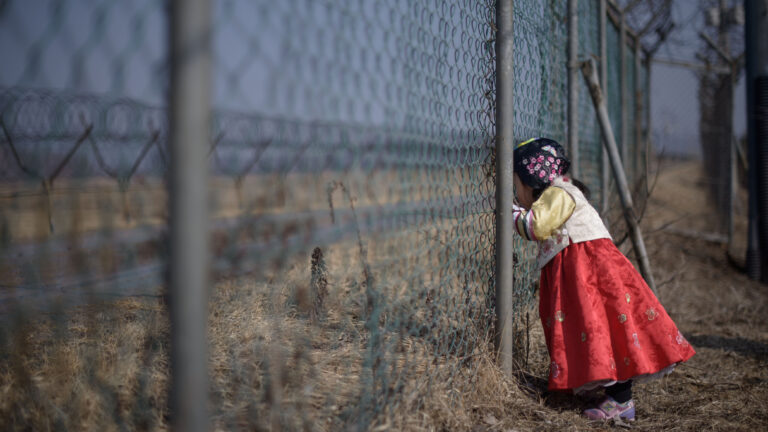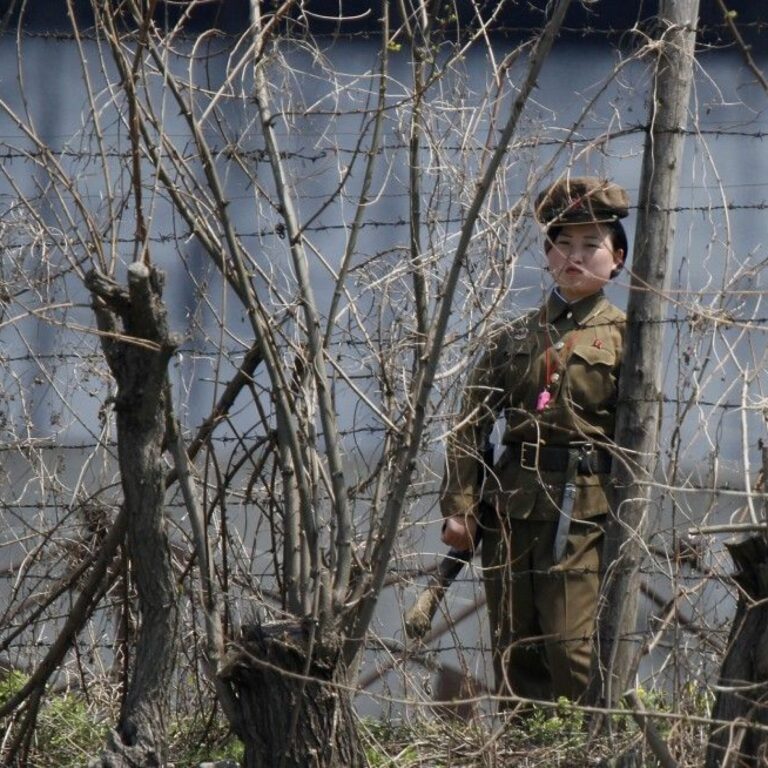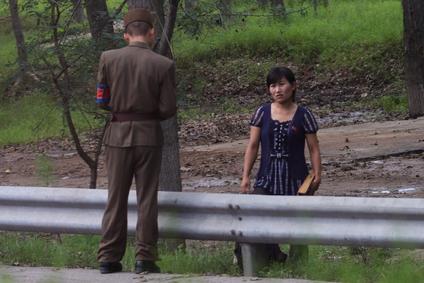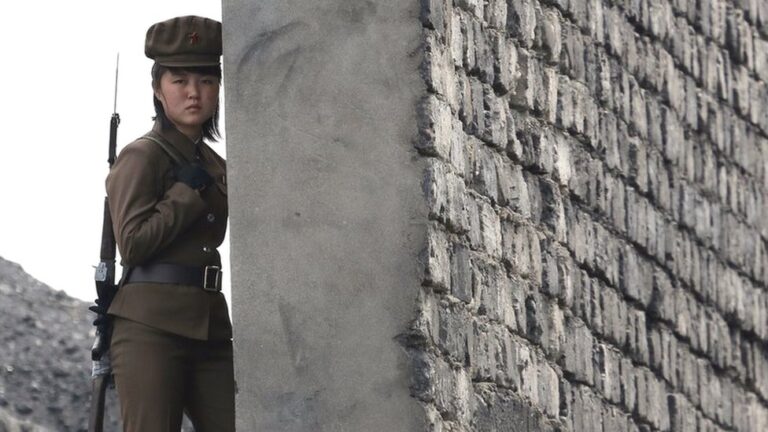
North Korea is infamous for its lack of freedom of movement. The government tightly controls the movements of its citizens, limiting their capacity to travel both within the country and overseas. According to Human Rights Watch, North Korea maintains a system of internal border controls that restricts the movements of its citizens, effectively confining them to their place of residence (Human Rights Watch, 2021). The restrictions on movement are particularly severe for those living near the borders with China and South Korea. North Korean citizens caught attempting to cross these borders face harsh punishment, including imprisonment in forced labor camps and execution (Amnesty International, 2020).
A report by the United Nations Commission of Inquiry on Human Rights in North Korea found that these punishments are often extended to family members of the individual attempting to escape (United Nations General Assembly, 2014).
The North Korean government justifies these restrictions on movement as necessary for maintaining social order and preventing the spread of Western decadence. However, critics argue that the restrictions are primarily intended to prevent dissent and maintain control over the population. According to Phil Robertson, Deputy Director of Human Rights Watch’s Asia Division, “The North Korean government sees free movement as a threat to its absolute control over the population” (Robertson, 2021).
The lack of freedom of movement also has serious implications for access to food and basic necessities. The government distributes rations based on an individual’s place of residence, making it difficult for individuals to move to areas where there may be more food or job opportunities (Amnesty International, 2020). This has led to widespread food shortages and malnutrition throughout the country.
In conclusion, the lack of freedom of movement in North Korea is a serious human rights issue. The government’s strict control over the movements of its citizens limits their ability to travel, access basic necessities, and seek political asylum. While the North Korean government argues that these restrictions are necessary for maintaining social order, critics argue that they are primarily intended to prevent dissent and maintain control over the population. The international community must work together to pressure the North Korean government to lift these restrictions and respect the basic human rights of its citizens.



